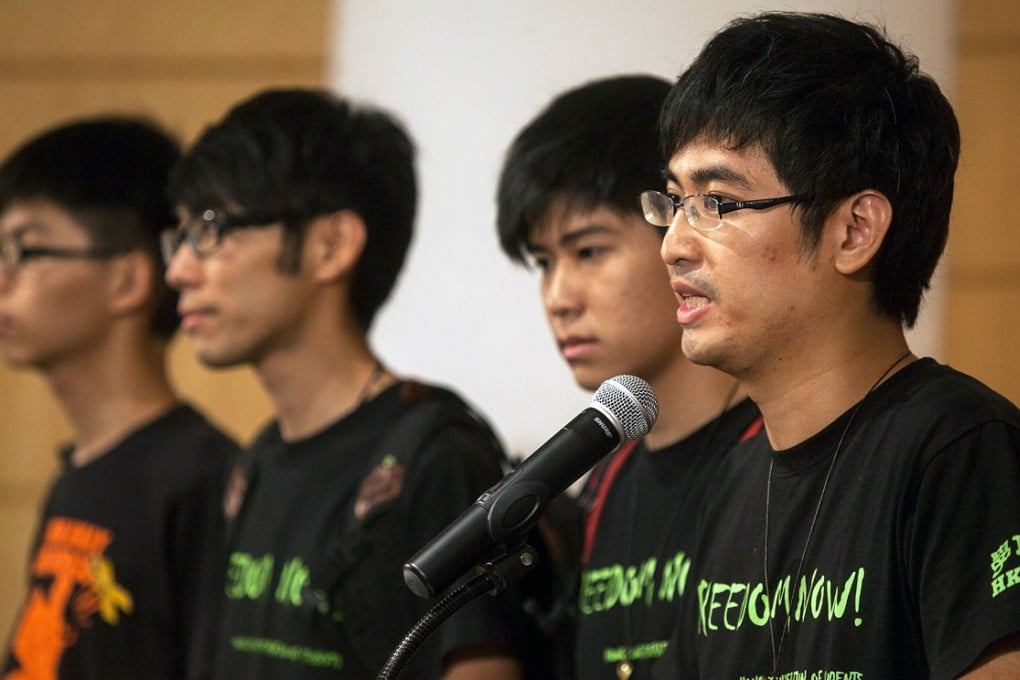No new offers on table for talks, and no end in sight to protests
Officials thought they'd dangled enough to give student leaders a way out, but federation denies it had signalled acceptance, and say sit-ins go on

Officials are pessimistic about prospects for narrowing their differences with student protest leaders, saying they gave all they could in Tuesday's meeting.
A government source said the administration had got the impression through middlemen that the pledges offered in the televised meeting would give students a way out to retreat from protest sites.
But the Federation of Students said the offers - to submit a report to the State Council, China's cabinet, to reflect latest public sentiment and consider setting up a platform for dialogue on constitutional development - were not enough.
"The two measures are [the best] we could offer under the political and constitutional constraints," the source said. "We conveyed the ideas to student leaders through middlemen before the talk and got positive feedback from them."
The students meanwhile accused the government of trying to "spin" a perception that they had created the deadlock by changing their minds.
This came after a person familiar with the situation, speaking anonymously, said: "It seems the students have changed their stance and are asking for more from the government. It wouldn't help even if both sides hold another 10 rounds of talks."